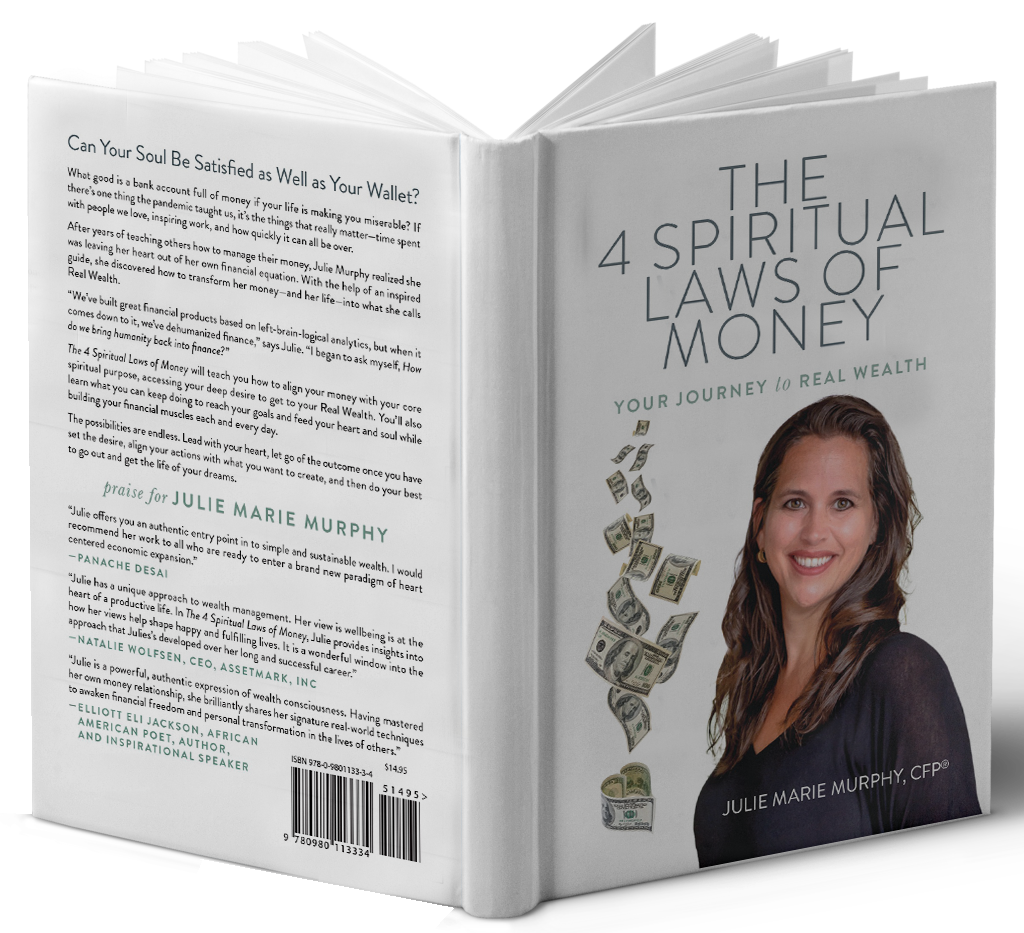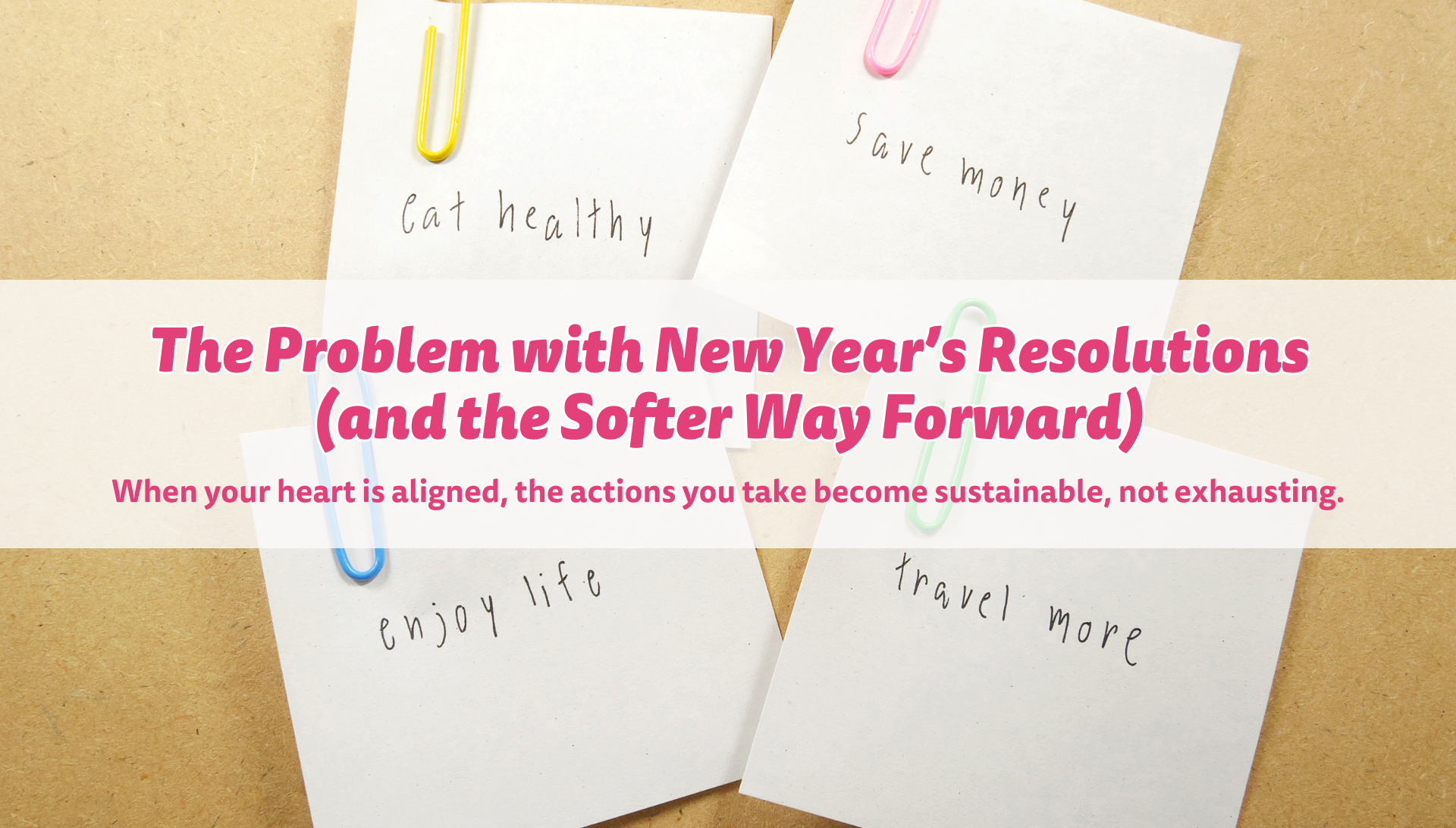How Chicagoans are coping in the midst of the middle-class recession
The recession has affected everyone in different ways. Some of us watched as friends and family members suffered through stints of unemployment. Others of us experienced those stints ourselves. It’s sometimes hard for us to see past our lives, and we completely miss that we’re all limping though the “Great Recession” together.
A “middle-class recession”
A May 2010 Chicago Tribune article stated that the majority of job losses happened during the last two to three years. And most of those were middle-management. This affected a lot of Americans, especially those in Chicago.
“This is more of a middle-class recession,” said Rita Athas, president of World Business Chicago, a public-private partnership that serves as the city of Chicago’s economic development arm. “The recession has hit everyone. But a lot of the job losses tend to be middle management.”
What’s really scary is that most of these white-collar jobs – ranging from accounting to financial analysis to commercial printing to much, much more – probably won’t come back. Even some working Americans have watched their salaries decline from six figures to less than half that.
Many Americans weren’t prepared for the severity of the recession while others thought it wouldn’t affect them. But the affect it’s had on Chicagoan’s is very real. And it looks like good jobs in this city and others like it will be hard to come by for some years.
You aren’t alone
And take solace in that. Millions of other Americans are dealing with the same financial struggles. A recent Chicago Sun-Times article reflected that. Typically brand-conscious middle class Americans are ditching the more expensive “names” for off-brand products.
Americans, even those with jobs, are shopping for brands, buying at stores and eating at restaurants they might have shunned before, in an effort to get more for their money.
Locals are realizing they can save money on groceries by shopping at Aldi’s or buying store-label products.
Six no-name grocery items — macaroni and cheese, potato chips, cream cheese, sour cream, olive oil and guacamole — cost about $10. The same six brand-name items cost $22 at the nearby Dominick’s.
The article goes on to say that “store-brand groceries now make up 22 percent of total sales” which is up 2 percent pre-recession. Fast-food restaurants have seen a spike in sales; more wealthy Americans are choosing McDonald’s over a finer dining experience.
The post How Chicagoans are coping in the midst of the middle-class recession appeared first on Julie Murphy.
Share Blog On Social
Recent Blogs

Similar Blogs







